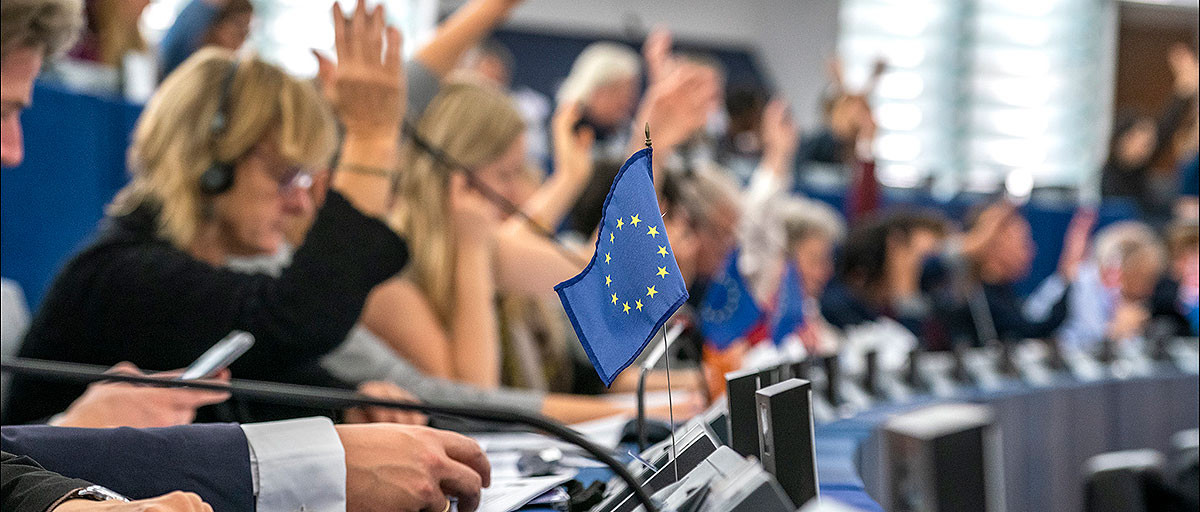Sustainable natural resource governance under interest group competition in policy-making
Summary
Non-state actors play an increasingly important role in environmental policy. Lobbying by interest groups has been associated with policy stagnation and environmental degradation as well as with sustainable governance. However, little is known about how competition between economic and environmental interests influences the ability of governance systems to avoid undesirable outcomes.
We investigate how competing interest group behaviour affects sustainable resource management by tracing the policy change process in a case study of the European Union fisheries policy and analysing its dynamics with an agent-based model. We find that formation of interest group coalitions in response to a perceived crisis can delay or prevent collapses, even when the competing interests have unequal resources. We attribute such outcomes to the emergence and timing of a ‘tug of war’ mechanism between competing interest group coalitions.
We argue that attempts to improve sustainable resource management must account for feedbacks from environmental change to behaviours of political actors.







